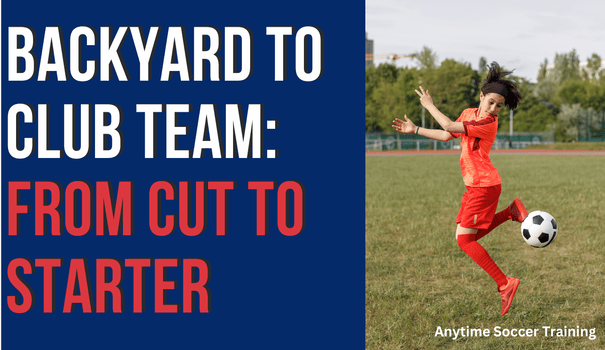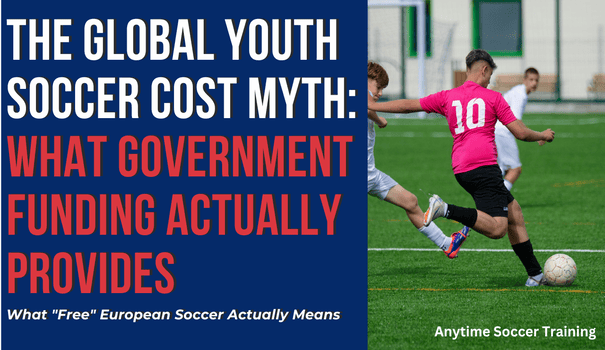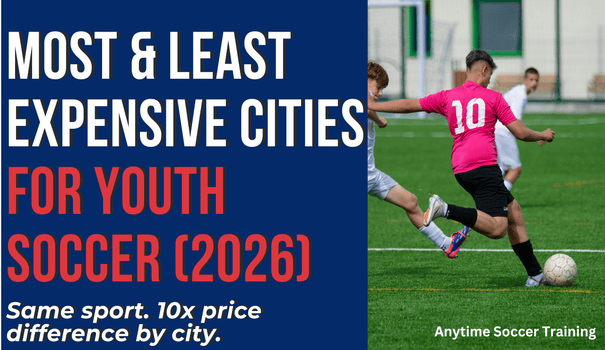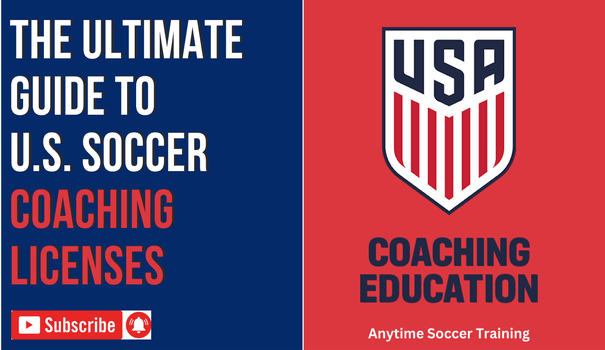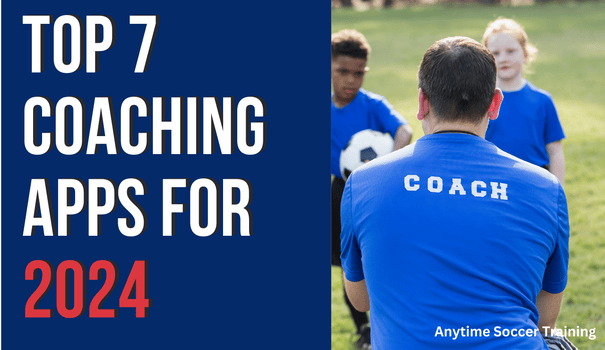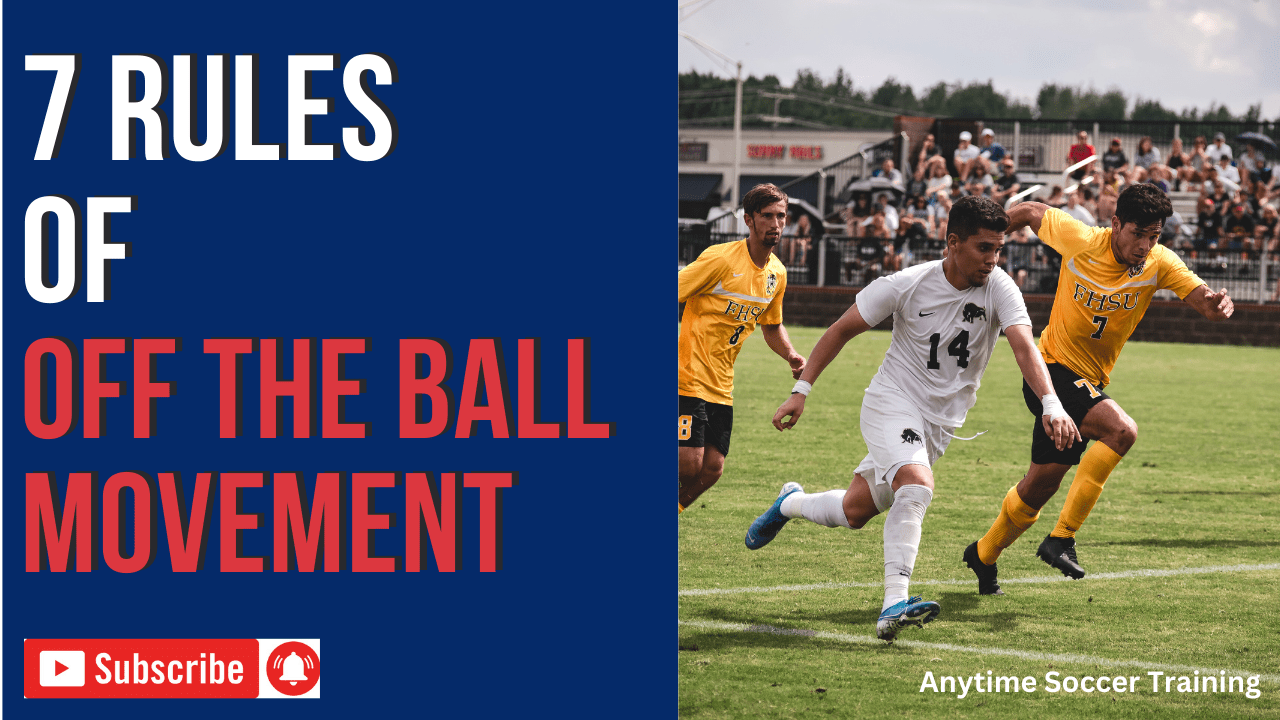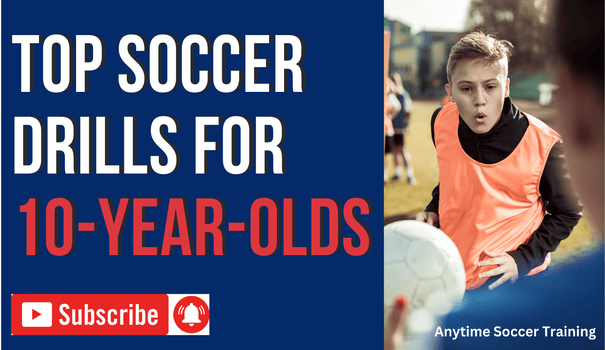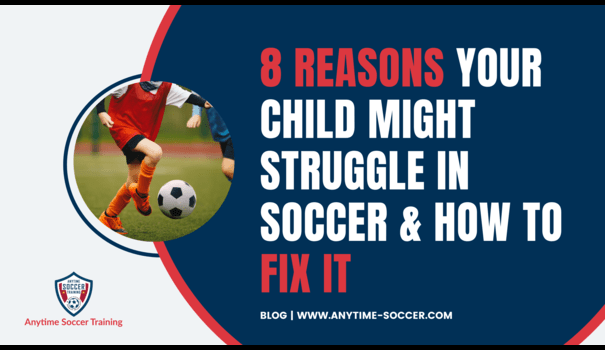
As a soccer parent, you want your child to excel and enjoy the game. But sometimes, it feels like their progress is slowing down, and it’s hard to understand why. It can be both frustrating and worrying to see your child struggling.
Here are eight possible reasons your child might not be developing as quickly as you’d hoped, along with some simple tips to help get them back on track.
1. Not Enough Time on the Ball Outside of Team Practice
The Challenge: Relying solely on team practice isn’t enough. Without extra time on the ball outside of these sessions, your child may fall behind, lose confidence, and have fewer touches during games.
Recommendation: Encourage daily practice at home, even if it’s just 15-20 minutes. Set up fun challenges, like juggling contests or simple drills in the backyard. Consistent, small efforts will add up over time and make a big difference in their development.
2. Focusing Only on Their Strengths During Practice
The Challenge: Kids often stick to what they’re good at or enjoy, such as taking long free kicks or shooting without any real targets. While this is fun, it doesn’t help them improve in areas where they’re weaker.
Recommendation: Encourage them to work on their weaker areas, like tight space dribbling or using their non-dominant foot. Set up drills that target these skills, and mix in challenges that make practice both fun and purposeful.
3. Their Coach Isn’t Focused on the Details
The Challenge: Soccer is a game of details, and building the right habits requires a lot of reps and meticulous attention. If your child’s coach isn’t focusing on these details, they might miss out on crucial development.
Recommendation: Watch several practices at different clubs for your child’s age group. Look for coaches who emphasize technique, discipline, and attention to detail. Finding a coach who gets the balance right can have a significant impact on your child’s development.
4. Not Enough Free Play
The Challenge: Structured practices are important, but free play is where creativity and a true love for the game develop. Without enough unstructured time to play, experiment, and enjoy the game, your child may miss out on important aspects of their growth.
Recommendation: Organize regular free play sessions with friends, neighbors, or even older kids. Consider setting up weekly pickup games at a local park or just letting them play with a ball in the backyard.
Free play in different environments and with various players can encourage their creativity and enjoyment of soccer. But don’t forget the fun—this isn’t just about learning; it’s also how they fall in love with the game.
5. They Don’t Watch the Game Enough
The Challenge: Watching soccer is a valuable way to learn about positioning, movement, and strategy. If your child isn’t watching enough, they’re missing out on a great opportunity to improve their understanding of the game.
Related: The Forgotten Importance of Free Play
Recommendation: Make watching soccer a regular family activity. Tune into games on TV or, if possible, attend local matches together. Discuss what’s happening during the game, ask your child what they would do in certain situations, and encourage them to pay attention to players in their position.
This will deepen their understanding and passion for soccer.
6. Their Body is Changing and That’s Okay
The Challenge: As children reach puberty and start growing, their bodies go through significant changes. Sometimes, it takes time for their balance and coordination to catch up with their new physical state. This can impact their performance on the field.
Recommendation: Be patient and supportive during this period of adjustment. Don’t rush to “fix them”. Understand that these changes are a natural part of growing up and that their skills will catch up with their developing bodies over time.
7. They May Not Be Into Soccer as Much Anymore and That’s Okay
The Challenge: As children grow and mature, their interests can shift. It’s possible that soccer might not be as appealing to them as it once was, and that’s completely normal.
Recommendation: Support your child as their interests evolve. It’s natural for their passions to change, and finding something else they enjoy just as much as soccer is a positive development. Be open to exploring new interests with them and celebrate their journey of discovering what they love.
8. You May Not Be Actively Investing Enough Time in Helping Your Child
The Challenge: Coaches and private trainers play a crucial role in your child’s development, but as a parent, your involvement is equally important. Even if you haven’t played the game yourself, your active participation can make a big difference.
Recommendation: Roll up your sleeves and get involved in their training. Start with simple activities like tagging, chasing, racing, or playing 1v1 games together. These activities are not only fun but also help your child improve their skills.
Your engagement will show them that you’re invested in their journey, and it will strengthen your bond while making practice more enjoyable.
By addressing these areas, you can help your child reach their full potential on the soccer field. With the right balance of practice, play, learning, and fun, they’ll be well on their way to becoming a confident and skilled player.


